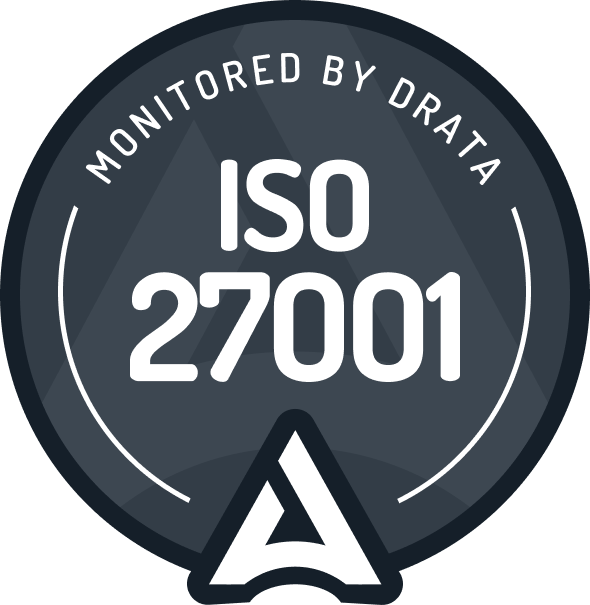Higher Education Industry-Academic Staff-Award 2020 Guide

Disclaimer
Please note: The information contained in this Modern Award Interpretation Guide is sourced from the PaidRight knowledge database which is general in nature and does not constitute or is intended to be relied upon as legal advice or other professional opinion. The contents of this guide is subject to variation(s) to the Higher Education Industry-Academic-Staff-Award 2020 by Fair Work Commission decision or enactment of amended legislation. PaidRight does neither accept responsibility or provide guarantee or warranty (express or implied) regarding the accuracy, reliability or completeness; and, to the extent permitted by law, PaidRight does not accept legal liability for consequences arising out of use of this information. The information recipient is advised to obtain independent advice relevant to your specific circumstances. Information updated as at 23 June 2024.
Table of contents:
- Coverage
- Key Takeaways
- Hours of Work
- Breaks
- Minimum rates
- Overtime rates
- Penalty rates
- Allowances
- Junior employees
- Clinical loadings and professional merit differentials
- Public holidays
- Recent changes to award
Coverage:
The Higher Education Industry - Academic Staff - Award 2020 is an industry award that covers employers in the higher education industry and their employees engaged as academic staff in the classifications, throughout Australia.
The meaning given to “higher education industry” is educational institutions providing undergraduate and postgraduate teaching leading to the conferring of accredited degrees and performing research to support and inform the curriculum.
Key Takeaways:
- There are facilitative provisions that allow for the departure of certain clauses subject to agreement between the employer and the employee(s), which extends to the following clauses:
- Annual leave in advance.
- Cashing out of annual leave.
- Substitution of public holidays where university holidays are provided.
- The requirement to state at commencement of employment the terms of engagement with employees specifying the employment type, classification level, salary, hours to be worked and other matters stipulated in Clause 8.2.
- Fixed-term employment provision that applies to employees in either full-time or part-time employment for a specific term or ascertainable period.
- Specific provisions that apply to employees under a fixed term contract of employment with an employer bound to a historical award, namely, the Higher Education of Employment Award 1998 [AP784204]. The name of employers bound is set out in Schedule C-List of employers bound by the Higher Education Contract of Employment Award 1998.
- In relation to redundancy, industry specific redundancy provisions apply to institutions bound by the historical award, Universities and Post Compulsory Academic Conditions Award 1999 [AP801516], set out at Clause 31.
- Employees progress to the next salary point within the relevant academic level after 12 months subject to satisfying the requirements for pay-point progression.
- Professorial and clinical loadings above the standard hourly rate is applicable to some teaching and research academic staff.
Hours of Work:
Ordinary hours of work are 38 hours per week.
Penalty rates
There is no provision for penalty rates of pay.
Breaks:
There is no provision for breaks.
Minimum rates:
The following rates of pay apply to full-time and part-time employees.
The following rates of pay apply to casual employees.
Clinical loadings and professorial merit differentials
The following clinical loadings and professorial merit differentials apply to teaching and research Level B-E academics, in addition to the minimum hourly rate.
Overtime rates:
There is no provision for payment at overtime rates.
Allowances:
There is no separately identifiable payment in the form of allowances.
Junior Employees
There is no provision to engage junior employees.
Annual leave:
Annual leave is available for full-time and part-time employees, which also includes employees engaged on a fixed-term contract of employment.
It does not apply to casual employees. Annual leave is provided for in the NES.
The award also provides for the payment of annual leave loading in accordance with Clause 20.2.
Public holidays:
Public holiday entitlements are provided for in the NES.
A public holiday day could be substituted for another day by agreement.
Recent Changes to Award:
- From 1 February 2023, all employees (including casuals) of non-small business employers can access 10 days of paid family and domestic violence leave in a 12 month period.
- From 1 August 2023, all employees (including casuals) of small business employers can access 10 days of paid family and domestic violence leave in a 12 month period.




.png)

.png)





%201.webp)


.webp)




.webp)

.webp)